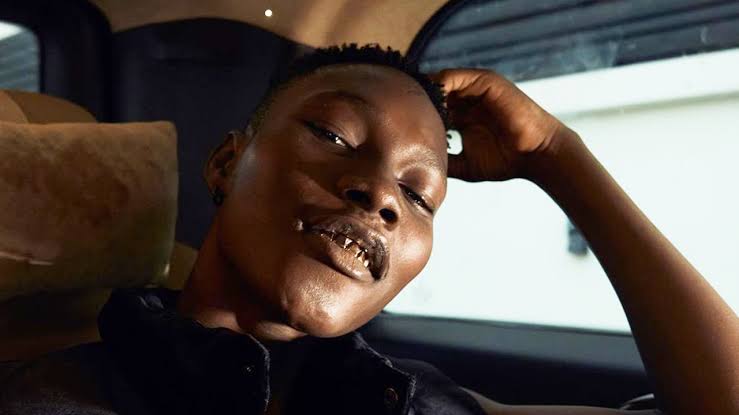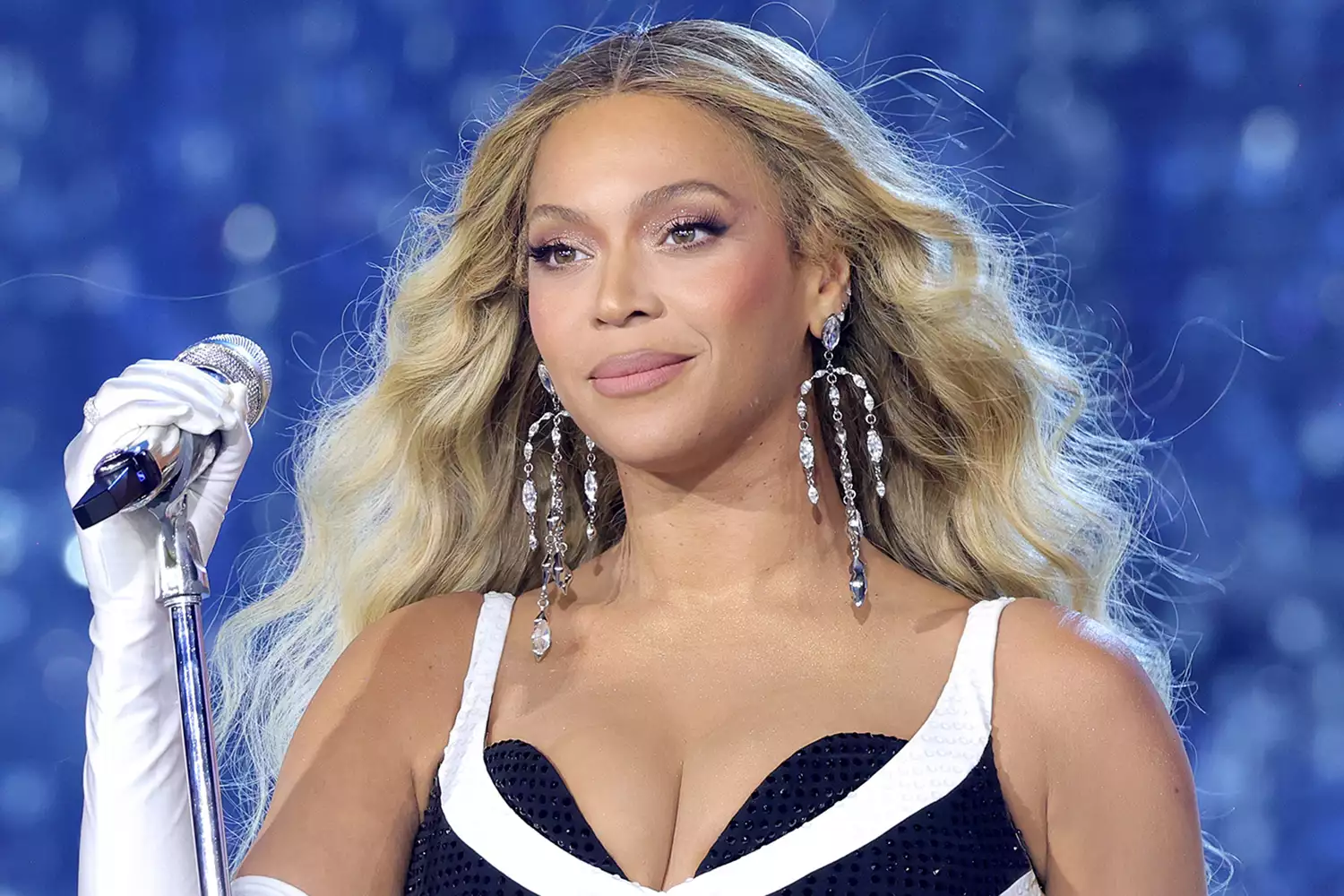Hausa Tribe: Language, People, Culture, Traditional Attire, States, Music, Religion & Gods

Introduction
The Hausa traditionally reside in tiny villages and precolonial towns and cities where they graze animals, including cattle, and engage in local and international trade. But, there is more to learn about the Hausa tribe than just that. As a result, in addition to the Hausa tribe, we’ll also talk about their language, people, culture, traditional dress, the states they inhabit the most, their music, religion, and gods in this article. The focus of our first illumination will be the tribe itself.
The Hausa Tribe
The Hausa are a West and Central African ethnic group. They speak the Hausa language, which is the second most spoken language in the Afro-Asian language family after Arabic. The Hausa are a diverse but culturally homogeneous people who live primarily in the Sahelian and sparse savanna areas of southern Niger and northern Nigeria. There are approximately 75 million Hausa people in Benin, Cameroon, Ivory Coast, Chad, Sudan, Central African Republic, Republic of the Congo, Togo, Ghana, Eritrea, Equatorial Guinea, Gabon, Senegal, and the Gambia.
The Language
The Hausa language, which is part of the Afroasiatic family of languages, has the most first-language speakers of any African language. It has over 50 million native speakers and near to 30 million second-language speakers. Northern Nigeria and southern Niger are the primary Hausa-speaking areas. Northern Ghana, Cameroon, Chad, Sudanese Hausa in Sudan and the Ivory Coast, as well as Fulani, Tuareg, Kanuri, Gur, Shuwa Arab, and other Afro-Asian linguistic communities, speak Hausa. In northern Nigerian schools, Hausa is utilized as the primary language of instruction, and Hausa is offered as a course of study in northern Nigerian colleges. In several African nations, Hausa is widely spoken and is regarded as one of the most important languages in the world.
The People
Throughout all of West Africa, the Hausa are the largest ethnic group. The northern and western parts of Nigeria, also known as “Hausaland,” are home to 30% of all Hausa people. For many years, the Hausa have been highly involved in international trade. Gold from the Middle East was traded for leather, handicrafts, and food by traders. In other West African countries including Chad, Ghana, and the Ivory Coast, Hausa populations can also be found. Although being the official language of the nation, Hausa, the language of the Hausa people, is quickly overtaking English as the dominant tongue in northern Nigeria. Both politically and culturally, the Hausa have a significant influence in West Africa.

Sudanese Hausas
Three million Hausa people live in Sudan, where the vast majority of the population practices Islam, yet they do not speak Arabic. In Darfur, Al-Jazira state, and the eastern states of Kassala, Gedaref, Sennar, and Blue Nile, they rely primarily on agriculture for their subsistence. They have resided in Sudan for centuries; originally from West Africa, they frequently settled there while making the hard trek to or from Mecca for the Hajj.
They typically reside and work in fields along Sudan’s rivers and in agricultural schemes in the center of the country, but Hausa communities may be found throughout the majority of the nation’s towns. It is impossible to understate their impact on Sudanese culture, which is palpable in the open-air marketplaces and restaurants nationwide. This is due to the fact that their Agashe dish—grilled beef, lamb, or chicken kebabs seasoned with spices and peanuts and served with raw onions and lime juice—is a well-liked street meal.

The Culture & Traditions
Due to their enduring traditions, sense of cultural pride, and effective pre-colonial native administration, Hausa cultural practices are unmatched in Nigeria and have weathered the test of time. Because of this, and despite fierce competition from the western European culture that their southern Nigerian counterparts have adopted, they have maintained a rich and distinctive mode of dressing, food, language, marriage system, educational system, traditional architecture, sports, music, and other forms of traditional entertainment.
Traditional Attire & Clothing
The Hausa people typically wear loose, flowing dresses and pants. The gowns have large ventilation vents on both sides. The top and middle of the trousers are loose, but the legs are somewhat snug. Turbans and leather sandals are also common.

Intricate needlework patterns are frequently seen at the neck and chest region of these huge, flowing dresses. Hula, or colorful embroidered headgear, are also worn by men.
The women can be recognized by their colorful atampa or Ankara-made wrappers, known as zanis, which are worn with matching blouses, head ties (kallabis), and shawls (Gyale). Hausa women customarily employ Henna (lalle) hand patterns instead of nail polish, just like other Muslims and particularly Sahelians in West Africa.
Geolocation & States
The majority of the Hausa population resides in northwest Nigeria and neighboring southern Niger. Much of this region is semiarid grassland or savanna, with a few cities dispersed around farming settlements. Communities that speak primarily Hausa are spread out over West Africa and along the historic Hajj route that crosses the Sahara from north to east, with an especially big population in and around the town of Agadez. Throughout the past 500 years, other Hausa have also migrated to significant coastal cities in the region, including as Lagos, Port Harcourt, Accra, Abidjan, Banjul, and Cotonou, as well as to regions of North Africa, such as Libya.


Music
Hausa folk music contributed components like the Goje, a one-stringed violin, to the creation of Nigerian music, which was a significant contribution. Traditional Hausa music falls into two broad categories: rural folk music and urban court music.
They introduced the genre of contemporary African pop culture. Musicians for ceremonial music (rokon fada), which is performed as a prestige symbol, are typically picked for political as opposed to musical reasons. At the weekly sara, the emir’s declaration of authority held every Thursday night, ceremonial music can be heard.
Courtly praise singers, like the well-known Narambada, are committed to extolling a patron’s virtues, such a sultan or emir. Together with the kakaki, a type of long trumpet evolved from the one used by the Songhai cavalry, praise songs are accompanied by kettledrums, kalangu talking drums, and these instruments. Rural folk music comprises genres that go along with the asauwara dance of young girls and the bòòríí or Bori religion, both of which are highly recognized for their musical traditions.
Prominent Hausa musicians include Muhamman Shata, who performs with drummers, Dan Maraya, who plays the goje and the one-stringed kuntikii, Audo Yaron Goje, who plays the goje, and Ibrahim Na Habu, who plays the kukkuma, a little fiddle.
Religion
The prevalent and long-established religion of the Hausa people is Maliki-style, orthdox Sunni Islam. As early as the 11th century, Islam was practiced in Hausaland, producing illustrious local Sufi saints and academics. The majority of Hausa are devoted Muslims who respect Muhammad as Allah’s prophet as well as Allah. They read the Koran (holy books), fast during Ramadan, give alms to the needy, and pray five times a day. They also hope to perform the hajj pilgrimage to the Muslim holy land of Mecca. Nearly every aspect of Hausa behavior, including attire, art, housing, rites of passage, and laws, is influenced by Islam. There are communities of non-Muslim peoples in the countryside.
Gods
The Hausas, also known as the Magazawa (Sing., Ba-Maguje), who are still pagans, offer sacrifices to particular spirits but do not create any form of pictures or fetishes. Here are a few of these spirits: Kuri, a male figure who resembles Pan, is also known as Rago; he barks like a dog and is covered in a goatskin. This notion might have originated from the baboon, who is currently barking, or Kuri might have descended from Kure, a male hyena.
Uwardowa is a female hunting goddess whose name means “Forest-Mother.” Red she-goats or red cocks are suitable offerings. A female goddess of agriculture known as Uwargona, “Farm-Mother,” or Uwardawa, “Corn-Mother,”
The snake-shaped god of rain and storms known as Gajjimare is double-gendered, with the male part being red and the female part being blue. It is said to inhabit wells and, in fact, all watering places because it lives in storm clouds, which are said to come out at night. For these reasons, pots are kept full in every home. Gajjimare (rainbow) may be the water-serpent killed in the Daura tradition already mentioned, but it is also occasionally claimed to be Uwardowa’s husband and Kuri’s father.



























